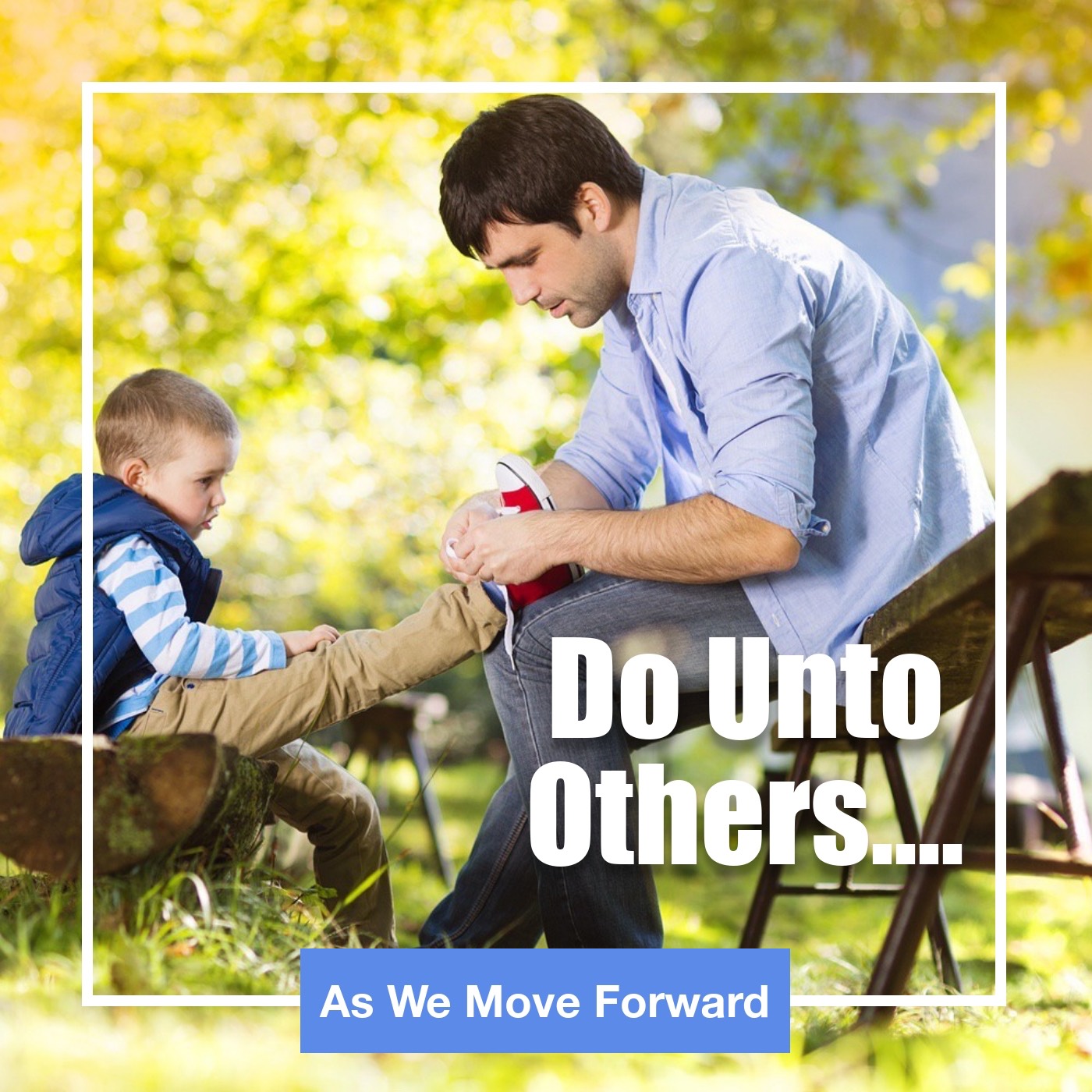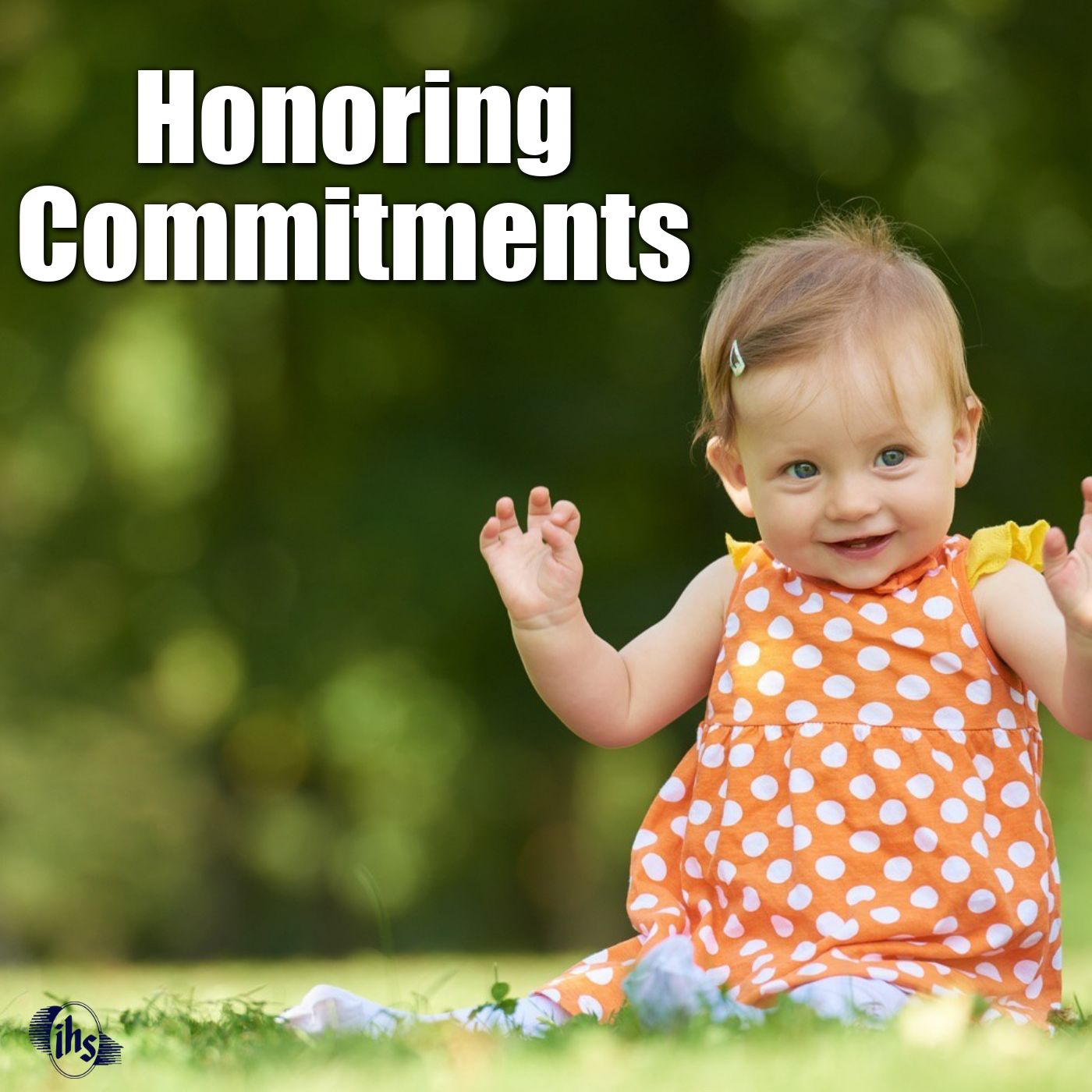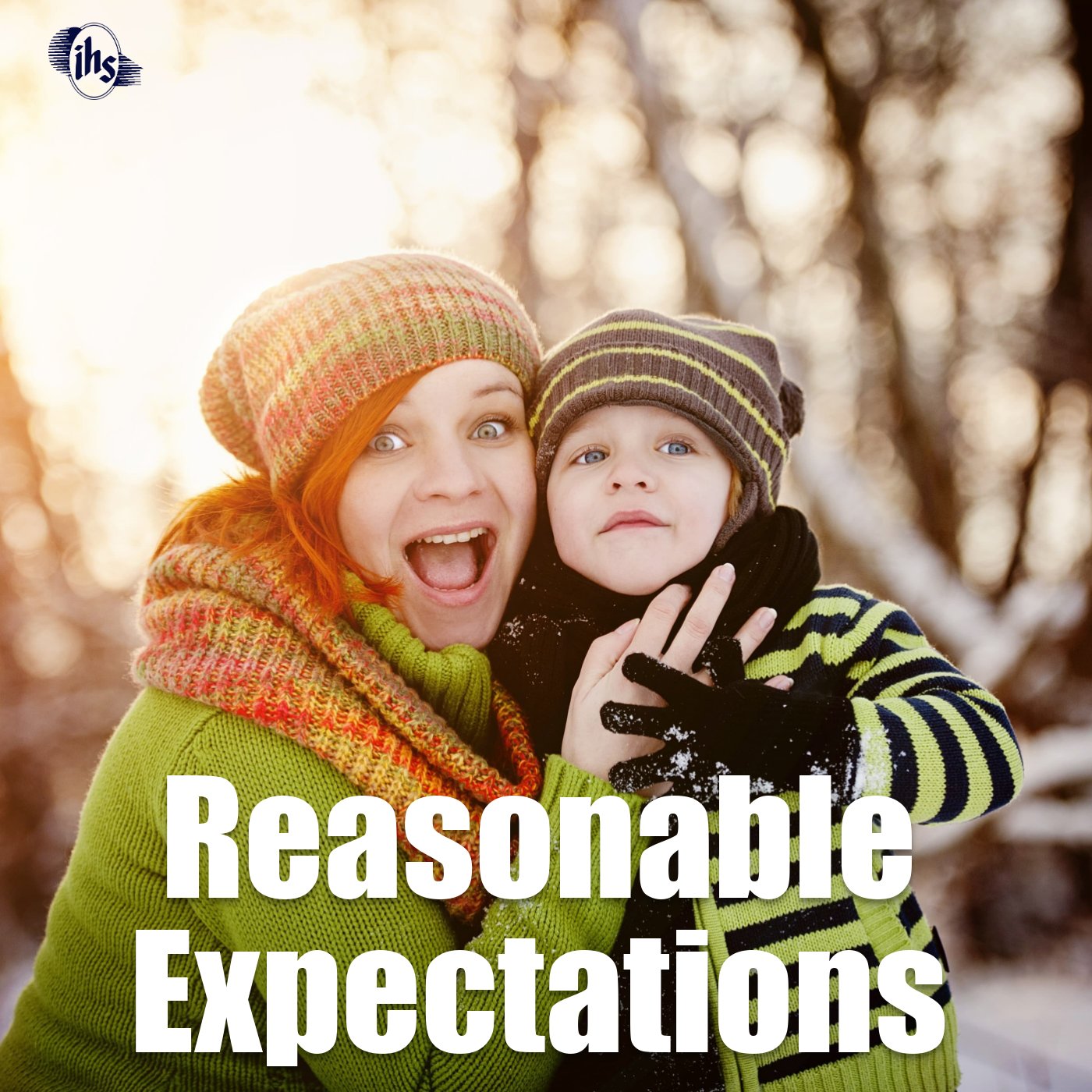 As people, waiting is not something that comes naturally to us. Anyone who has ever provided care for a newborn knows that they do not wait to let others know whatever they want or need. Waiting is clearly a learned activity. Some time in early childhood.
As people, waiting is not something that comes naturally to us. Anyone who has ever provided care for a newborn knows that they do not wait to let others know whatever they want or need. Waiting is clearly a learned activity. Some time in early childhood.
We gradually learn what it means to wait. As young children, most, if not all, of us remember the never ending waiting for Christmas. When we are in school, who of us does not remember waiting for summer and the accompanying end of school? Those times can seem interminable.
In the larger arena, children are always waiting until they are old enough, tall enough or something else out in the future, requiring the person to wait. Most of the time we wait for things we are eager for. While these times of waiting can seem to go forever, the outcome is something to be anticipated and looked forward to.
Some things we wait for do not have the same expectation of a good outcome. At the very least, some periods of waiting can lead to either a positive or negative experience for the person involved. Waiting for the results of medical tests can make waiting terrifying if there is reasonable chance the outcome might be negative.
Waiting is clearly a part of medicine. Hospitals and doctors’ offices all have waiting rooms. It is a given. We could devote a lot of time to consider what to do while we are doing all this waiting. It is time we will never get back. Are we doing something constructive with our waiting time, something that will improve the quality of our lives? In six months, one year, five years we will be that much older. What will we have done with the time? Will our lives and the lives of others be better because of the time we have spent waiting to get where we are?
 As we move forward, it might be helpful to look at what we have waited for during our lives and what we have accomplished with the time we have spent. Are there better uses we could have made of the time spent waiting? What are we waiting for now, and how can we make maximum use of that time? What is one small thing we can do with time spent waiting to make someone’s life better? What would it take to make us ready to take that one small step? Join me in making the best use of out time spent waiting.
As we move forward, it might be helpful to look at what we have waited for during our lives and what we have accomplished with the time we have spent. Are there better uses we could have made of the time spent waiting? What are we waiting for now, and how can we make maximum use of that time? What is one small thing we can do with time spent waiting to make someone’s life better? What would it take to make us ready to take that one small step? Join me in making the best use of out time spent waiting.
We have a podcast containing the As We Move Forward articles read by Jae Bloom.



 This is a phrase that practically everyone has heard. It can be used to encourage the very best behavior. There are some basic presumptions behind this teaching. When we begin life, this is as far from reality as we get. A tiny baby only wants its own needs met immediately. As toddlers, we struggle with putting others first. We learn independent play while others are close by. There is little if any interaction even if there are a number of children in the group. It is still doing what each child wants. The only interaction likely in these situations is likely to happen if one child wants a toy someone else is playing with and makes an effort to take it away.
This is a phrase that practically everyone has heard. It can be used to encourage the very best behavior. There are some basic presumptions behind this teaching. When we begin life, this is as far from reality as we get. A tiny baby only wants its own needs met immediately. As toddlers, we struggle with putting others first. We learn independent play while others are close by. There is little if any interaction even if there are a number of children in the group. It is still doing what each child wants. The only interaction likely in these situations is likely to happen if one child wants a toy someone else is playing with and makes an effort to take it away. As we move forward, it serves us well to put ourselves in the other person’s place before we act. Asking how your actions would make you feel can go a long way toward improving all of our relationships. How would anger or other strong emotion that is driving the thing you are about to do make you feel?
As we move forward, it serves us well to put ourselves in the other person’s place before we act. Asking how your actions would make you feel can go a long way toward improving all of our relationships. How would anger or other strong emotion that is driving the thing you are about to do make you feel?
 When you ask questions, do you ever find that the person you are speaking with tells you much more than you wanted in answer to your question? Very likely all of us have had that experience. Turning it around, how many of us find ourselves giving a more elaborate explanation than seems called for in the question we have been asked? Why do you think this is the case?
When you ask questions, do you ever find that the person you are speaking with tells you much more than you wanted in answer to your question? Very likely all of us have had that experience. Turning it around, how many of us find ourselves giving a more elaborate explanation than seems called for in the question we have been asked? Why do you think this is the case? As we move forward it is important to be as aware as possible where our relationships fall on the too much / too little spectrum. If we are receiving too much information from people in our relationships, we might benefit from some basic trading in empathic listening to learn how to help the one speaking get their thoughts out with greater clarity.
As we move forward it is important to be as aware as possible where our relationships fall on the too much / too little spectrum. If we are receiving too much information from people in our relationships, we might benefit from some basic trading in empathic listening to learn how to help the one speaking get their thoughts out with greater clarity.
 Commitments are an important part of any relationship. They can go to the most basic human involvements. Each of us is here because at least one person decided to honor the developing relationship between unborn child and mother to see that relationship through to birth. Even here, relationships can become complex very quickly.
Commitments are an important part of any relationship. They can go to the most basic human involvements. Each of us is here because at least one person decided to honor the developing relationship between unborn child and mother to see that relationship through to birth. Even here, relationships can become complex very quickly. As we move forward, it might be useful to think about relationships we are a part of and the commitments that are part of those relationships. How do we feel about the commitments in these relationships and how they are honored? We live in a world where commitment can easily be called into questioned or even held up to ridicule. It is not uncommon to have long-held beliefs not just challenged, but criticized or ridiculed, often with no real basis other than the fact that someone says we are wrong.
As we move forward, it might be useful to think about relationships we are a part of and the commitments that are part of those relationships. How do we feel about the commitments in these relationships and how they are honored? We live in a world where commitment can easily be called into questioned or even held up to ridicule. It is not uncommon to have long-held beliefs not just challenged, but criticized or ridiculed, often with no real basis other than the fact that someone says we are wrong.
















